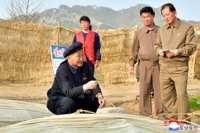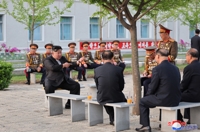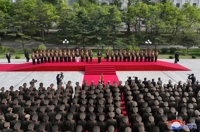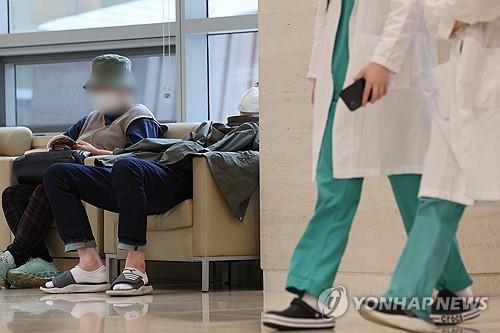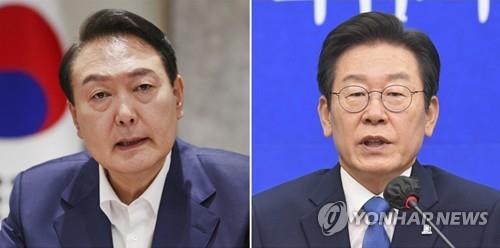(LEAD) Park says Abe under fire in U.S. for lack of history apology
(ATTN: UPDATES with more comments by Park)
SEOUL, May 4 (Yonhap) -- President Park Geun-hye said Monday that Japanese Prime Minister Shinzo Abe has been under fire in the United States for his failure to properly apologize for Japan's wartime sex slavery.
South Korea and Japan have long been at odds over their shared history, including the Japanese military's sexual enslavement of Korean women during World War II.
Japan did not "face up to history," Park said in her first meeting with her top aides since she returned to work after a weeklong absence caused by fatigue from her recent South American tour.
Her criticism came days after Abe failed to apologize for Japan's wartime sex slavery in a speech to the Congress. The speech marked the first time that a Japanese prime minister has addressed a joint meeting of the House and the Senate.
Abe said that Japan's wartime actions brought suffering to Asian people, a comment that drew criticism from some U.S. lawmakers.
Rep. Mike Honda (D-CA), who has championed sexual slavery victims, said it is shocking and shameful that Abe continues to evade Japan's responsibility over the so-called "comfort women" during World War II.
Abe's refusal to apologize is an "insult" to victims and is not acceptable, he said.
South Korea has repeatedly pressed Japan to resolve the issue of the elderly Korean women who were forced into sexual slavery for Japanese soldiers during World War II. Japan ruled the Korean Peninsula as a colony from 1910-45.
Park called on officials to clearly handle the past history.
Historians estimate that more than 200,000 women were forced to work in front-line brothels for Japanese soldiers during World War II. But Japan has long attempted to water down the atrocity.
Park also called on the government to improve a system for special pardons to ensure fairness and transparency.
In South Korea, presidents usually grant special pardons in commemoration of major national holidays, though the practice has long been under fire for being abused to give favors to their friends and business leaders jailed for corruption.
Park's comments came amid controversy over two previous special pardons granted on a businessman at the center of a bribery scandal.
Before hanging himself last month, the businessman, Sung Wan-jong, left behind a memo listing the names of the then prime minister and seven other high-profile politicians he claimed to have bribed. All but one listed on the memo are close associates of the president.
The prime minister has since quit and Park has called for a thorough probe into the scandal.
Park also said a recent deal by the rival political parties on pension reform for civil servants fell short of public expectation.
The rival parties have agreed to pass a bill on Wednesday that would require civil servants to pay more into and receive less in pension over the next two decades.
South Korea's civil service pension has long faced a looming crisis and caused a deficit of 12 trillion won every year until last year.
Previous presidents have delayed addressing the issue, despite knowing the current system is unsustainable.
entropy@yna.co.kr
(END)
-
 'Queen of Tears' weaves rich tapestry of Korean contemporary art
'Queen of Tears' weaves rich tapestry of Korean contemporary art -
 Ateez member Yunho throws first pitch at MLB match between Dodgers, Mets
Ateez member Yunho throws first pitch at MLB match between Dodgers, Mets -
 N. Korea says Kim guided simulated nuclear counterattack drills for 1st time
N. Korea says Kim guided simulated nuclear counterattack drills for 1st time -
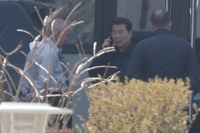 N. Korea calls envisioned U.S. aid to Ukraine 'hallucinogen'
N. Korea calls envisioned U.S. aid to Ukraine 'hallucinogen' -
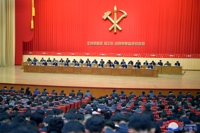 N. Korea calls on party propaganda officials to work harder
N. Korea calls on party propaganda officials to work harder
-
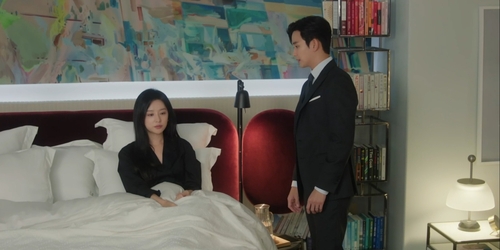 'Queen of Tears' weaves rich tapestry of Korean contemporary art
'Queen of Tears' weaves rich tapestry of Korean contemporary art -
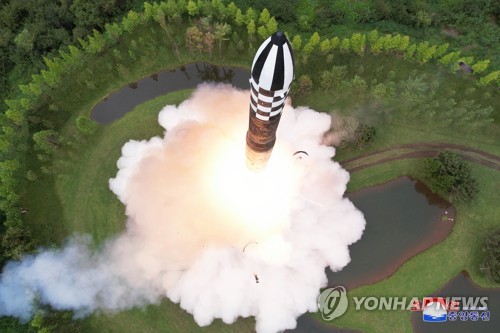 Experts see possibility of N.K. conducting nuclear test before U.S. presidential vote
Experts see possibility of N.K. conducting nuclear test before U.S. presidential vote -
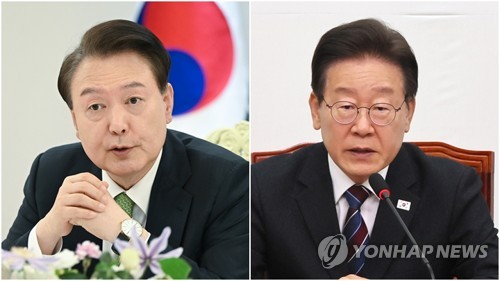 Details of meeting between Yoon, opposition leader undecided: presidential office
Details of meeting between Yoon, opposition leader undecided: presidential office -
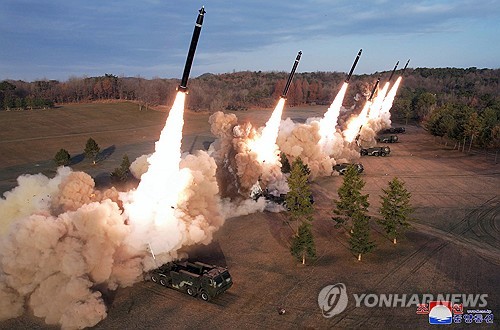 N. Korea says Kim guided simulated nuclear counterattack drills for 1st time
N. Korea says Kim guided simulated nuclear counterattack drills for 1st time -
 Looming weekly closure of major hospitals feared to worsen medical service crisis
Looming weekly closure of major hospitals feared to worsen medical service crisis
-
 S. Korea eliminated in Olympic football qualifiers as poor defense, undisciplined play prove costly
S. Korea eliminated in Olympic football qualifiers as poor defense, undisciplined play prove costly -
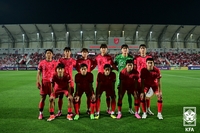 10-man S. Korea lose to Indonesia to miss out on Paris Olympic football qualification
10-man S. Korea lose to Indonesia to miss out on Paris Olympic football qualification -
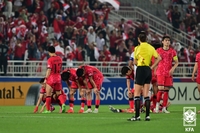 (LEAD) 10-man S. Korea lose to Indonesia to miss out on Paris Olympic football qualification
(LEAD) 10-man S. Korea lose to Indonesia to miss out on Paris Olympic football qualification -
 Indonesia coach left with mixed feelings after eliminating native S. Korea in Olympic football qualifiers
Indonesia coach left with mixed feelings after eliminating native S. Korea in Olympic football qualifiers -
 (3rd LD) Hybe to file complaint against sublabel executives over internal conflict
(3rd LD) Hybe to file complaint against sublabel executives over internal conflict















